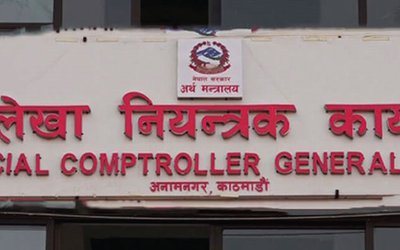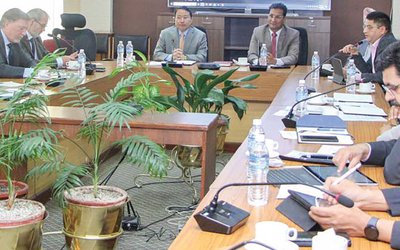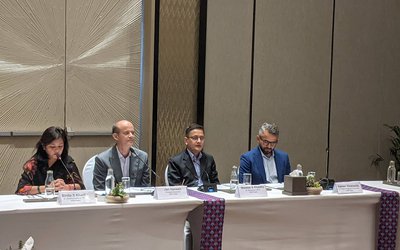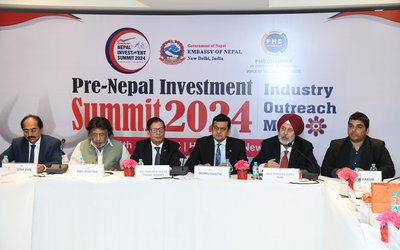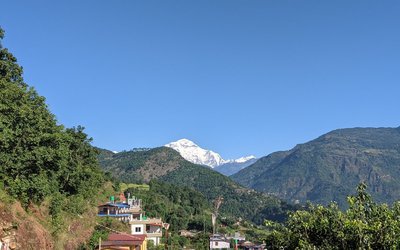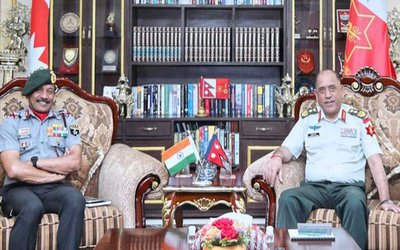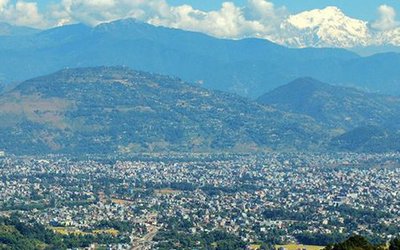Beijing: Ahead of a once-in-a-decade leadership change in China, strategists here are scripting a new "Look West" policy, giving primacy to ties with India while rebalancing Beijing's decades-old pro-Pakistan tilt to counter American influence.
"The Americans are looking towards East and we look towards the West," Professor Wang Jisi, a widely respected Chinese strategist who worked closely with Chinese leaders including outgoing President Hu Jintao to reset the badly ruptured relations with India after 1962 conflict, told a news agency giving a rare insight into the thinking among the leadership.
By West, Prof Wang means the West of China, starting from India, the sprawling South and West Asia and beyond.
"China ignored the West for long and it is time for rebalance not only for oil, natural gas but also very big economic opportunities," he said, quoting recent studies that China's trade with India and rest of Asia grew seven times faster than Beijing's trade growth in recent years.
Wang is the dean of the School of International Studies, Peking University and director of the Centre for International and Strategic Studies. But his influence and importance comes from China's Foreign Policy Advisory Committee in which he is an influential member.
In a close-door policy making setup like in China where no one including Dai Bingguo, China's chief negotiator for decades, ever talks to media, Prof Wang was a rare exception to provide an insight.
Significantly, as China looks to reset its ties with India, he said Beijing's "all weather" relations with Pakistan were no longer driven by the factor to contain New Delhi, but to prevent the Islamic militancy in Muslim-majority Xinjiang, bordering Pakistan-occupied Kashmir.
"Some people may make the argument that we should support Pakistan because of India but actually the motivations are not mainly driven by that," Prof Wang said.
"First of all our relations with Pakistan are fundamentally to thwart any scheme to make Xijiang any international issue or something like that," he said.
"Also we have to fend off extreme Islamic terrorism from getting into China from Pakistan and we need Pakistan more like all weather ally. It is useful and significant in our strategic thinking. Some people may say this but I doubt that," he said.
"Pakistan is increasingly getting weak. It is much less than GDP of India. I am sad about it. I do not have any ill feeling about India but I have good feelings about Pakistan as all most everybody (there) says we love China. That is a special place," he said.
"But nowadays I read in newspapers that it is not necessary the case in some areas like Sindh and other places. Some have grievances about China's presence and investments," he said, adding some Pakistanis complain that China brings its own workers and "care little about local interests".
"Also we are worried about security in Afghanistan. Pakistan is very important," he said. Pakistan may have been used during Mao Zedong era to contain India but that is no longer the case, he said.
"In that part of episode of history it is more or less true but now I doubt about the present," he said. When asked has India been contained? "I doubt that," Wang replied.
"Pakistan was more useful in establishing diplomatic relations with US and Islamic countries but not to contain India," he said.
Wang's views on steady dilution of Pakistan in Sino-Indian relations are largely shared by top Indian policy makers, even though they believe Islamabad continued to be an ally of sorts sharing close military and nuclear ties but not an overarching influence on New Delhi-Beijing ties.
While China showed vocal reluctance to back Pakistan's Kargil misadventure in 1999, outgoing leaders headed by Hu took over power in post-Kargil era and worked for improvement of ties bringing in the theory of "strategic equilibrium" between India and Pakistan.
Vice President Xi Jinping, who is tipped to succeed Hu after November 08 Communist Party Congress, is very much part of that leadership.
Indian officials say barring the stapled visa issue under which China began to issue visas on separate piece of paper for residents of Jammu and Kashmir on the grounds that it is a disputed territory, the ties showed steady positive momentum after China rolled it back following Indian objections.
From a mere few billion dollar trade in 2005, the bilateral trade last year touched USD 74 billion with China emerging as India's biggest trade partner, compared about USD 10 billion between China and Pakistan. Chinese investments in India crossed over USD 55 billion.
"If we look at the West and China's strategic influence, we have great economic and strategic potential in that region. Because there is no possibility that China will enter into a war with US in the West," he said.
"It is full of potentialities but with risks. In the march towards West we have to calculate risk. Whatever it is China has to look towards that region and beyond that," he said, asserting that Beijing must come out of regional power mould and look at bigger picture towards India and beyond.
He said the South China Sea and the island dispute with Japan were a "big trap" set by United States to tie China down and the leaders may be "playing the ball" for the time being as it suits them during the current round of transition to rise the nationalist sentiments.
China should look at the bigger picture, instead of tying itself to some rocky islands, he said.
PTI
- TANAHU HYDROPOWER PROEJCT: A Significant Achievement
- Apr 15, 2024
- AMBASSADOR HANAN GODAR: Sharing Pain With A Nepali Family
- Mar 30, 2024
- VISIT OF KfW AND EIB TO NEPAL : Mission Matters
- Mar 25, 2024
- NEPAL BRITAIN SOCIETY: Pratima Pande's Leadership
- Mar 24, 2024
- NEPAL ARMY DAY: Time To Recall Glory
- Mar 15, 2024



